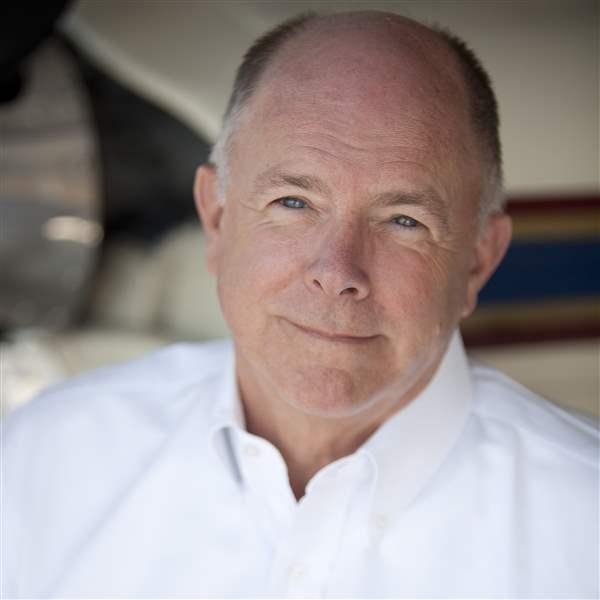Name: Louise Vickerman |
A good musician is always learning
Vickerman's flying bug bit when she was a child in Scotland. "It's odd, because my parents are not at all mechanically oriented," she said. "I mean, they didn't even have drivers' licenses. We always took public transportation." But a family vacation to Egypt seems to have been a turning point. "I was 10 years old, and after the flight left Heathrow, I asked to go up and see the cockpit. I spent the entire flight up there, right up to the night landing in Cairo-which included a fly-by of the pyramids," she said.
Flying lessons would have to wait, however. After earning a bachelor of arts degree in musical studies from Glasgow University, and postgraduate studies at the Royal Scottish Academy of Music and Drama and the Eastman School of Music, Vickerman embarked on a star-studded whirlwind career as a world-class concert harpist-and harp teacher. She's an adjunct professor of harp at Weber State University in Ogden, Utah.
Her list of orchestral work, solo performances, and awards fills an entire single-spaced page. All of her orchestral work was as principal harpist. She's played with the Royal Scottish National Orchestra, the BBC Scottish Orchestra, the Rochester Chamber Orchestra, and the San Antonio Symphony before playing with the Utah Symphony and Opera. As for festivals and solo performances, she's been at the Park City International Music Festival, Germany's Heidelberg Castle Festival, Norway's Nordland Music Festival, and many more. In 2002 she performed with the Utah Symphony at the opening ceremonies for the Winter Olympics in Salt Lake City-with such notables as Sting, Yo-Yo Ma, and John Williams. For the curious, her harp is a $32,000 1999 Salvi Arianna, an Italian-made concert grand design that weighs in at 93 pounds.
But the whole time, learning to fly was always in the back of Vickerman's mind. "A few years ago the orchestra published a series of brief profiles of the musicians for the program book under the 'what would you be if you were not a musician?' category," Vickerman recalled. "I responded 'Pilot'!"
One of Vickerman's students-Natalia Naylor-mentioned that her father, Greg, is a retired Delta captain who switched to flying corporate jets. She followed up, and Greg became Vickerman's mentor, helping her to locate an instructor. Soon, Vickerman was under the tutelage of CFIs Matt Haag (a SkyWest captain whose schedule allowed him to teach) and Steve Durtschi, of the Utah Backcountry Pilots Association. A few dozen hours later, Vickerman had her ticket.
Did playing the harp help her in learning to fly? "Oh, yes, definitely," she said. "The kind of scanning and peripheral vision you use in flying is very similar to what you do in the orchestra. You have to divide your attention between your [sheet] music, your hands, and the conductor, so there's definitely an airplane equivalent.
"And in order to pursue music or flying you have to be passionate, dedicated, and possess a high level of skill and coordination. They both require hours of practice and years of training, and a musician 'never stops learning' either," Vickerman said. "Now I'll be on the eternal quest for the 'perfect landing' in addition to the 'perfect performance,'" she said. "I've had a few come close-performances, that is. But I am happy that an airplane has only two foot pedals in comparison to seven on a harp!"
When I last saw Vickerman, she was in a Frasca simulator on the AOPA Expo convention floor, flying a Cirrus SR22 on short final with a "thunderstorm" in progress. She greased it on. Looks like the harp is no longer her only area of expertise.
Thomas A. Horne is editor at large of AOPA Pilot magazine.



